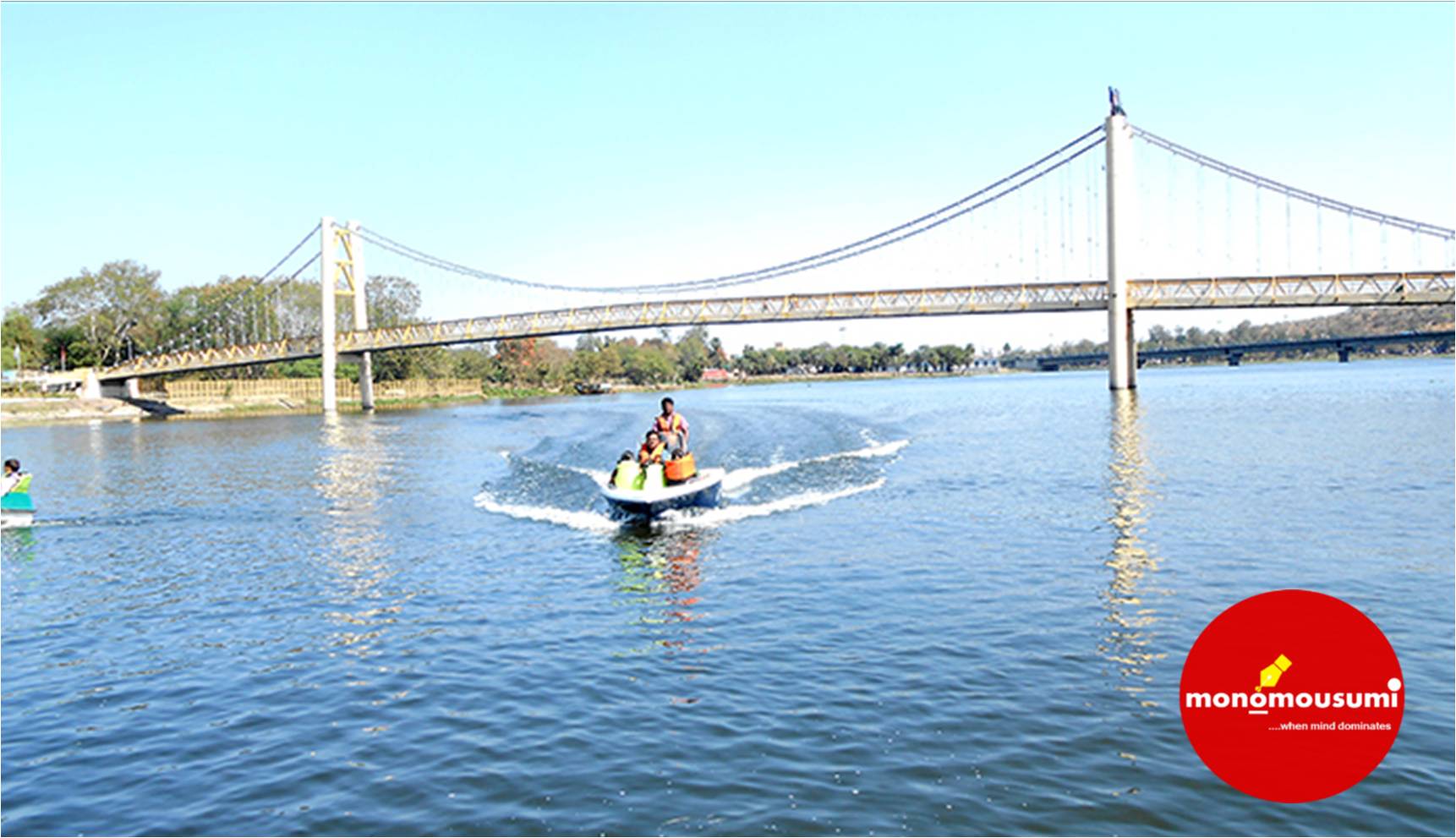
Source: mptourism tourism Travel
Traveling is an experience that broadens our minds, introduces us to new cultures, and allows us to appreciate the beauty of the world. However, the growing tourism industry has also brought environmental degradation, over-exploitation of resources, and cultural disruption. Today, the need for sustainable tourism is not just an ethical choice—it is a necessity.
Sustainable tourism ensures that while we enjoy the beauty of different places, we also protect them for future generations. It is about responsibility, balance, and mindful exploration. Without sustainable practices, we risk destroying the very destinations we admire. The question is no longer whether we need sustainable tourism—the real challenge is how we can implement it effectively worldwide.
The Growing Impact of Tourism
Tourism contributes significantly to global economies. It generates employment, promotes cross-cultural interactions, and supports local businesses. However, its negative impacts are equally significant:
- Environmental Damage: Overcrowding in tourist hotspots leads to deforestation, loss of biodiversity, and pollution. For example, the Great Barrier Reef is suffering from coral bleaching due to excessive human activities and climate change.
- Cultural Erosion: Many indigenous communities face the loss of their traditions as commercialization takes over. Many historical sites are turned into tourist attractions at the cost of their cultural and spiritual significance.
- Resource Exploitation: Tourists consume excessive amounts of water, energy, and plastic. Popular destinations often struggle with waste management due to the overwhelming number of visitors.
The need for sustainable tourism arises from the urgency to reduce these damages while ensuring that tourism continues to benefit communities worldwide.
What is Sustainable Tourism?
Sustainable tourism refers to a travel approach that minimizes negative impacts on the environment, respects local cultures, and provides long-term benefits to communities. It is based on three key principles:
1. Environmental Protection
Tourists must travel in a way that does not harm nature. This includes:
- Avoiding single-use plastics and opting for biodegradable materials.
- Supporting eco-friendly accommodations that use solar energy and water conservation methods.
- Choosing sustainable transportation like trains or electric vehicles instead of fuel-powered ones.
2. Socio-Cultural Preservation
Tourists should respect and preserve the culture of the places they visit:
✅ Learning about local customs and traditions before visiting a destination.
✅ Supporting local artisans by purchasing handmade crafts instead of mass-produced souvenirs.
✅ Avoiding cultural appropriation and dressing respectfully in religious and historical places.
3. Economic Sustainability
Tourism should benefit local communities rather than exploit them:
✅ Staying in homestays or locally owned hotels rather than international hotel chains.
✅ Eating at local restaurants instead of multinational fast-food chains.
✅ Choosing tour guides from the local community to support employment.
Examples of Sustainable Tourism in Action
Several destinations have successfully implemented sustainable tourism:
Bhutan: The Kingdom of Happiness
Bhutan follows a “High-Value, Low-Impact Tourism” policy. Tourists must pay a daily fee, which funds environmental conservation, healthcare, and education. This ensures that tourism contributes positively to the country’s development rather than harming it.
Costa Rica: A Global Eco-Tourism Model
Costa Rica has turned over 30% of its land into national parks and reserves to protect its biodiversity. It promotes eco-tourism by offering wildlife safaris, rainforest tours, and sustainable lodges, proving that nature and tourism can coexist.
Norway: Pioneering Green Travel
Norway has introduced electric ferries and eco-friendly cruises to reduce pollution in its stunning fjords. The country promotes eco-friendly travel through bicycle lanes, sustainable hotels, and green energy initiatives.
Challenges in Implementing Sustainable Tourism
Despite its importance, sustainable tourism faces several challenges:
- Lack of Awareness: Many travelers are unaware of how their actions impact the environment and culture of a place.
- Cost Factor: Eco-friendly travel can sometimes be expensive, making it less accessible to budget travelers.
- Government Policies: Many countries prioritize profit over sustainability, failing to implement strict environmental laws.
- Mass Tourism Pressure: Popular destinations struggle to limit tourist numbers without affecting their economy.
To overcome these challenges, governments, businesses, and individuals must work together to create policies and initiatives that make sustainable tourism the norm rather than an exception.
How Individuals Can Contribute to Sustainable Tourism
Tourists themselves play a crucial role in making tourism sustainable. Here’s how individuals can make a difference:
- Travel Responsibly: Avoid littering, respect local customs, and conserve resources.
- Support Local Communities: Stay in local guesthouses, buy handmade products, and eat at small restaurants.
- Offset Carbon Footprint: Choose eco-friendly transport and participate in carbon offset programs.
- Educate Others: Spread awareness about the importance of sustainable travel through social media and personal experiences.
Every small action counts. If millions of travelers adopt sustainable habits, the impact can be transformational.
Conclusion
Sustainable tourism is not just an idea—it is a necessity for the survival of our planet and cultures. The future of travel depends on responsible choices made today. If governments, businesses, and travelers come together, we can create a world where tourism is not a threat but a tool for environmental conservation, cultural preservation, and economic growth.
The time to act is NOW. Traveling is a privilege, and with privilege comes responsibility. If we want future generations to experience the wonders of the world, we must embrace sustainability as a way of life.
🔹 Sustainable tourism is not about traveling less—it’s about traveling better.
By: Kishalay Raj
Write and Win: Participate in Creative writing Contest & International Essay Contest and win fabulous prizes.


